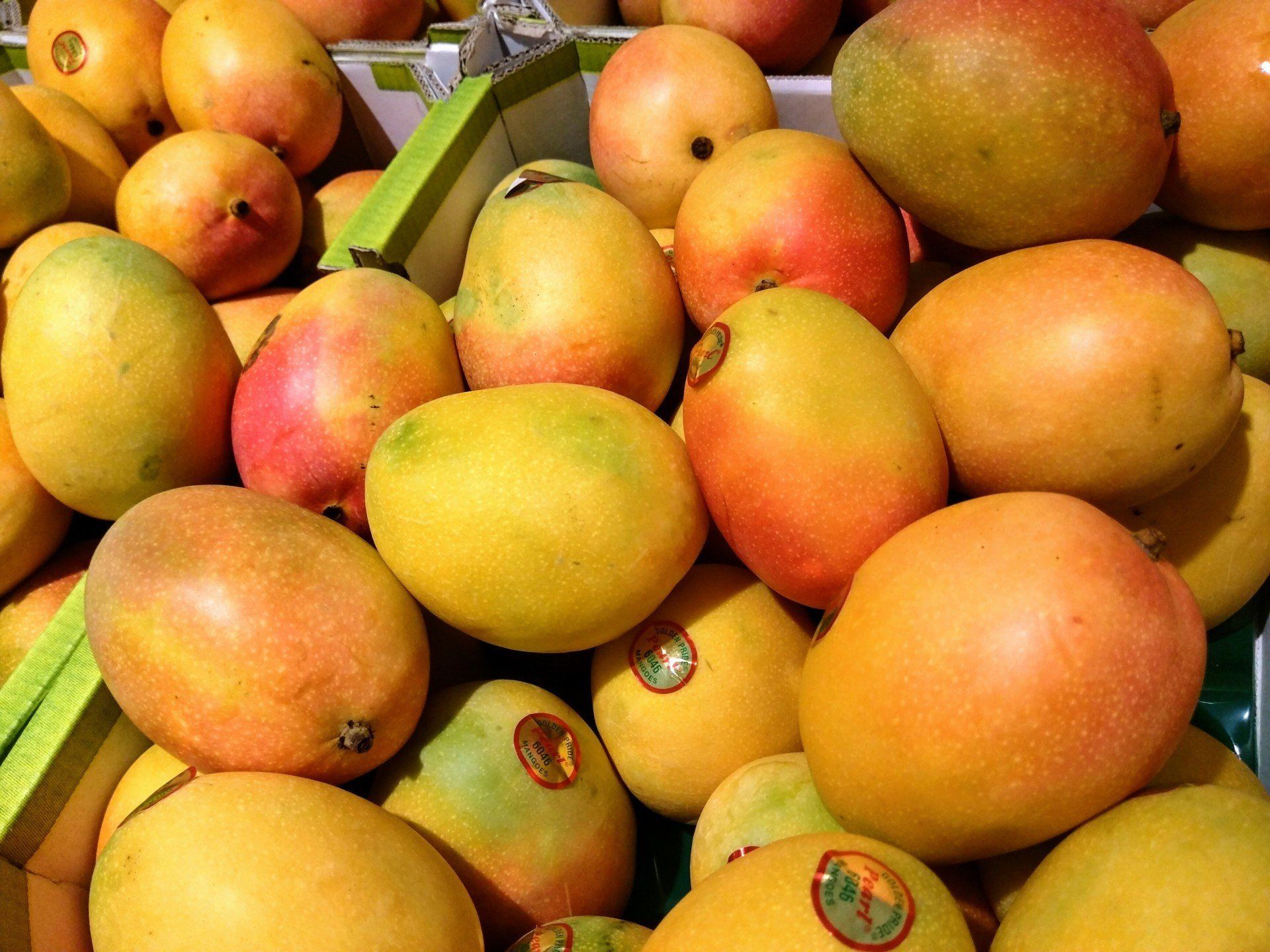1MG FlippingBooks
CQUni develops “game-changing” world-first mango auto-harvester
CQUniversity has built the world’s first mango auto-harvester and is working to take this technology to commercial-ready deployment.
The prototype harvester takes approximately five seconds to harvest a mango, from detection to placement. During field trials held at Yeppoon in Queensland, the first prototype achieved 75 per cent efficiency in automatically identifying and picking fruit in view.
The equipment was developed as part of a RND4Profit Commonwealth-funded research project led by Horticulture Innovation , an industry R&D corporation.
Speaking at this week’s Australian Mango Industry Association conference in Darwin, CQUniversity Professor Kerry Walsh stated the aim is now to improve the harvester’s performance to over 90 per cent efficiency of fruit in view, increase its speed and refine its construction to reduce costs.
“The auto-harvester has the potential to solve some of the major labour force issues that currently limit the industry,” said Professor Walsh. “The end goal is to save costs and improve productivity on farms, while driving consumer demand by ensuring a top-quality eating experience every time.”
Professor Walsh and his team previously developed a near infrared spectroscopy (NIRS) measurements system to assess the eating quality of mangoes and predict the ideal time for harvest. The mango industry has since adopted this technology.
Ian Groves of Groves Grown Fruit, who hosted the first field trials of the prototype auto-harvester, has labelled the technology “game-changing.”
“The machinery identifying and counting fruit in the orchard turned out to be within just a few per cent of the actual number of fruit in the entire block last year,” says Mr Groves.
“That technology is also able to measure the size range of that fruit and so knowing how much fruit is in that block, knowing when it’s going to be mature and knowing the size of the fruit, means we can schedule our workforce, order the right number of cartons, the size of the inserts going into those cartons – this could be a real game changer, not only for our farm but for the entire industry.”
Professor Walsh’s next phase of research will investigate ways to mount the auto-harvester on a terrestrial drone to operate autonomously, at faster speeds and higher accuracies.
You see the auto-harvester in action here.

















